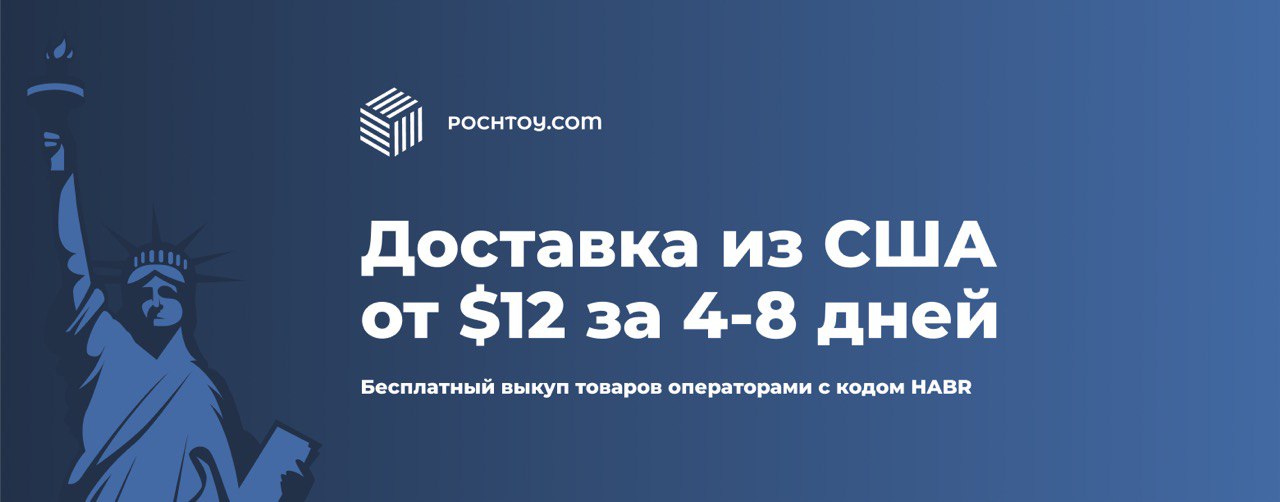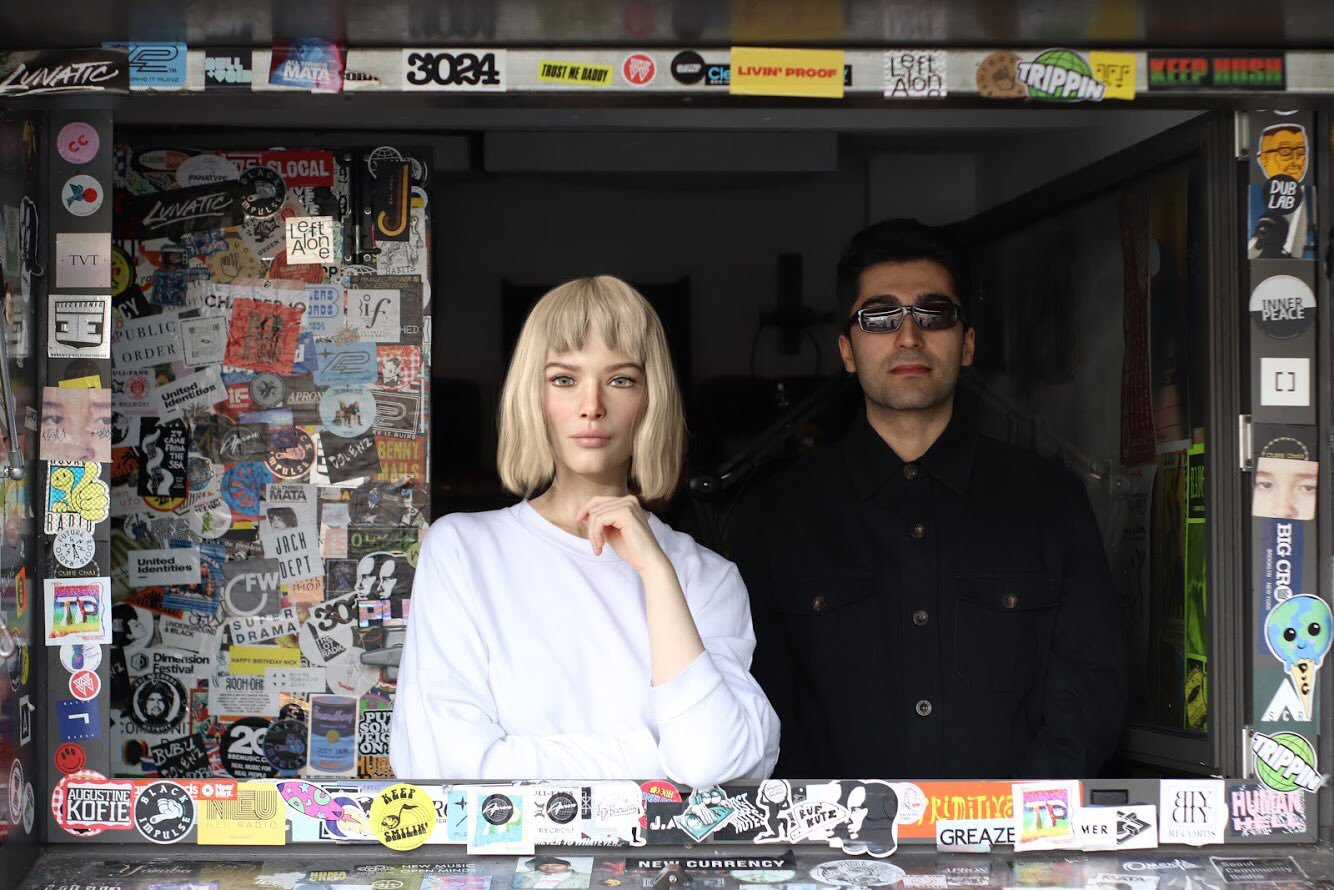
The most active real singers are able to release one, maybe two music albums per year. Rappers sometimes get three or four mixtapes. But Auxuman is going to release a full-fledged music album, with stars such as Yona, Moni, Gemini, Zoe and Hex, every month. The secret to such productivity? Machine learning and neural networks. The company is building the "next generation of virtual artists" that are designed to completely replace real stars.
Auxuman startup was founded in March this year in London, received funding in June, and just the other day began to release its first (test) tracks - which, meanwhile, already find a certain audience. Compositions were created on behalf of AI characters, each with its own character and favorite genre.
For example, AI-singer YONA and her song ONE. The effect of the " sinister valley " in all its beauty. Do not look before bedtime:
The debut album Auxuman was presented on September 27, then the company promises to generate music albums every month, gradually improving its AI system. Music is published on YouTube, Soundcloud, and other platforms.
In general, the same story comes out as with the instagram generated "stars", which we already talked about in Habré. Only here the technology is a bit more complicated, and there are fewer ways to profit. While Mikela with her 3D face “fotkatsya” next to various products from wrinkles and makes millions, Auxuman expects to profit from streaming and sales. That is, the fact that their songs can really compete with real living people of our time.
Music Writing Machines
Startup founder Ash Kush, a British-Iranian music producer, says:
Songs are generated by several systems. One is responsible for the words, the other for melodies. For each character, there is also his digital singing voice. If the song has words, the text is created by models trained on poems, articles and online discussions regarding the theme of the song. Yona and her friends, in fact, display the current human life on the Internet. So they always remain relevant and speak a language understood by youth.
You can see the result here (carefully for people with a fine spiritual nature):
The likelihood that someone will seriously pay money for such songs, and bring Auxuman profit, is still frankly low. Although, if you generate tons of them every month, maybe something will shoot?
Another question is why in general to automate the work of singers. The whole point of AI, it seems, is to remove boring, dirty and dangerous jobs that no one wants to do? So that the people have the opportunity to express themselves and do something creative. In the world there is (and probably will not) be a shortage of those who want to become singers. Why do automation in this industry?
Kush replies that for the emergence of something new you need to experiment. And if people have a question "why" - perhaps you are just on the right track.
There are always not many people who are ready to open a new genre. We are accustomed to how the music is made, it seems to us that this can not be changed. We are submissive to those forms and genres that have proven their success. But at the same time, see how many people cannot find something new for themselves. But cars have no limits. They can mix, combine forms and styles in unexpected combinations, they can give us a fresh and exciting new sound.
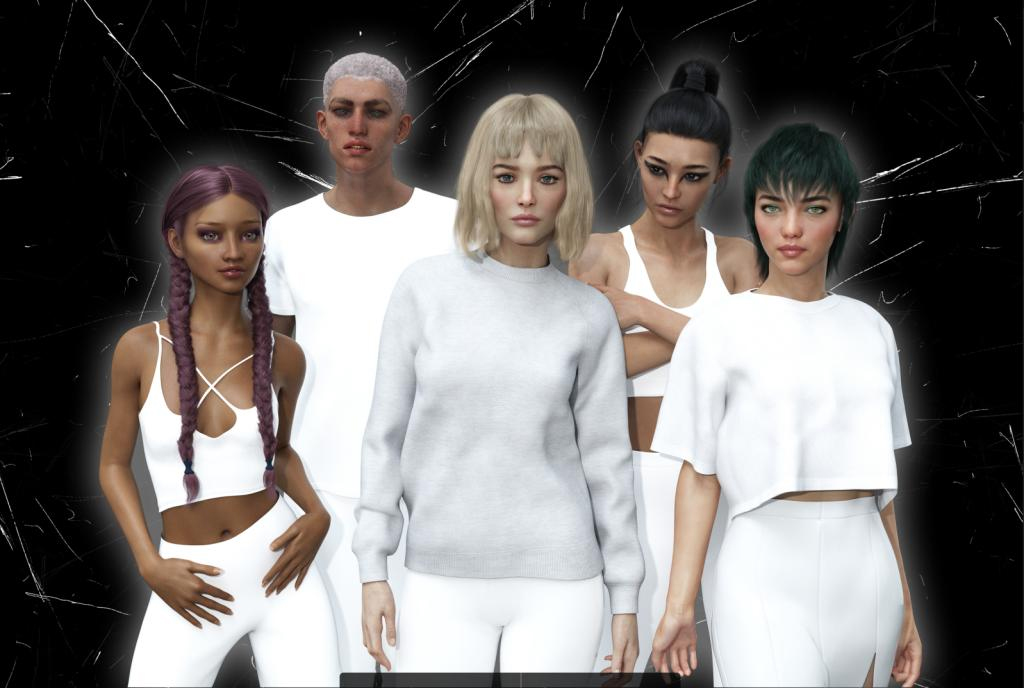
The task, of course, Ash Kush sets himself not weak. And judging by the first album, Auxuman has not yet definitely reached it. But in general, there is a likelihood that such an approach will produce a result. Not all music genres are equally popular. Certain styles will never have a critical mass of listeners that will allow artists to live and release songs. But an AI musician can be commercially viable even on a very small base. If the music is cheaply generated by the machine and distributed at least to a small, but enthusiastic audience, for the creators of such software this is already a profit. Take ten, twenty, thirty of these genres - and off we go.
Can a robot create something new?
Kush set himself the task of discovering new genres and styles. But can an AI running on existing data be truly creative? If you put everything in the hands of Auxuman and similar systems, does this mean that we will always listen to the same thing - what has already been created, just processed, mixed, compiled in a certain way. Even if our brains never notice this, even if in order to hear something similar, we will have to sit on “robomusic” for 10,000 years, it’s still a little sad, isn’t it?

Ash Kush answers: progress is not visible. The instruments are the same, the chords do not change. And what is “creativity” is hard to understand. Each for her has her own definition. Last year, for example, a painting created by AI was sold at Christie’s auction for $ 432,500. The car was fed 15,000 portraits created between the fourteenth and twentieth centuries, and it produced something that looked vaguely like a man. The process went on as usual: the system was divided into two, “artist” and “critic” fought in it. One painted pictures, the other rejected them. Can the result be called the fruit of creative labor? Different sides have different arguments. But many "real" artists definitely will not sell such an expensive painting in their entire lives. Even for art buyers, all their creativity is not as important as something really new from a technology never before seen.
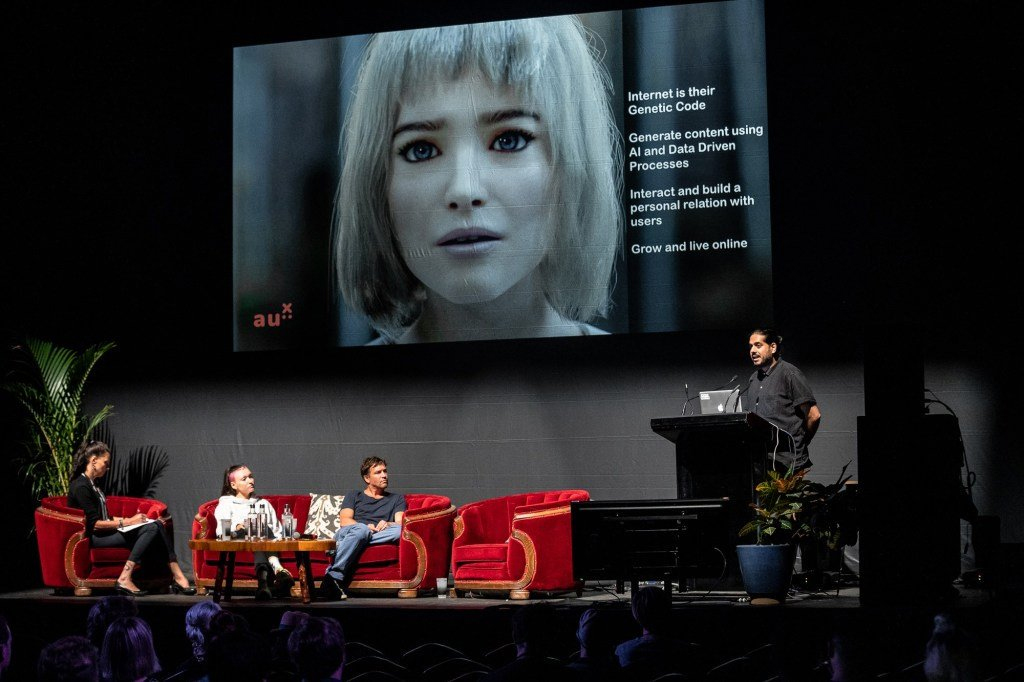
At a conference in Montreal
There is also a double standard in machine learning when it comes to creativity. A system that gets its knowledge from datasets is automatically considered not “truly” creative. But isn't the same thing happening to us humans? First we learn, and then we start combining and creating something of our own. A person who has deep knowledge in the field of his work, and is able to transform old trends, is considered a great artist and creator. But for a machine, to be recognized as creative, for some reason you need to start from scratch, and train without any external intervention.
Another argument is that a machine cannot be a creator, because it does not try to express a certain emotion in its creation, does not try to express itself, does not lay down subtext and deep topics. There are two answers to this: firstly, maybe we just have not developed AI to this level yet? And secondly, literary critics have long been arguing that the creation must stand on its own two legs, regardless of the nature and intentions of its creator (" Death of the author ").

And finally, the “creative” AI is already bearing fruit. Not only in the strange realm of contemporary art, but also in the real world. For example, it is used to develop and test new honey. preparations. It is hoped that this could make drug release cheaper and save hundreds of thousands of lives. Robots are also designing new parts for satellites. How is new music fundamentally more difficult? Remixes are already popular among the people, and cars will definitely go on.
Hosted by HYIP
Many people will notice half-baked AI ideas like “just hype.” And, of course, this is partly true. It is unlikely that people would pay almost half a million at Christie's auction for "the second picture in the world painted by artificial intelligence." But Kush says that machines can be great helpers in applied work, just like they have become in many other industries. They are not required to completely replace people; they can help. For example, one of the first applications of such “musical robots” should be the dubbing of commercials, short films and presentations, where you don’t want to spend money on authors, and there aren’t enough original stock songs for everyone.
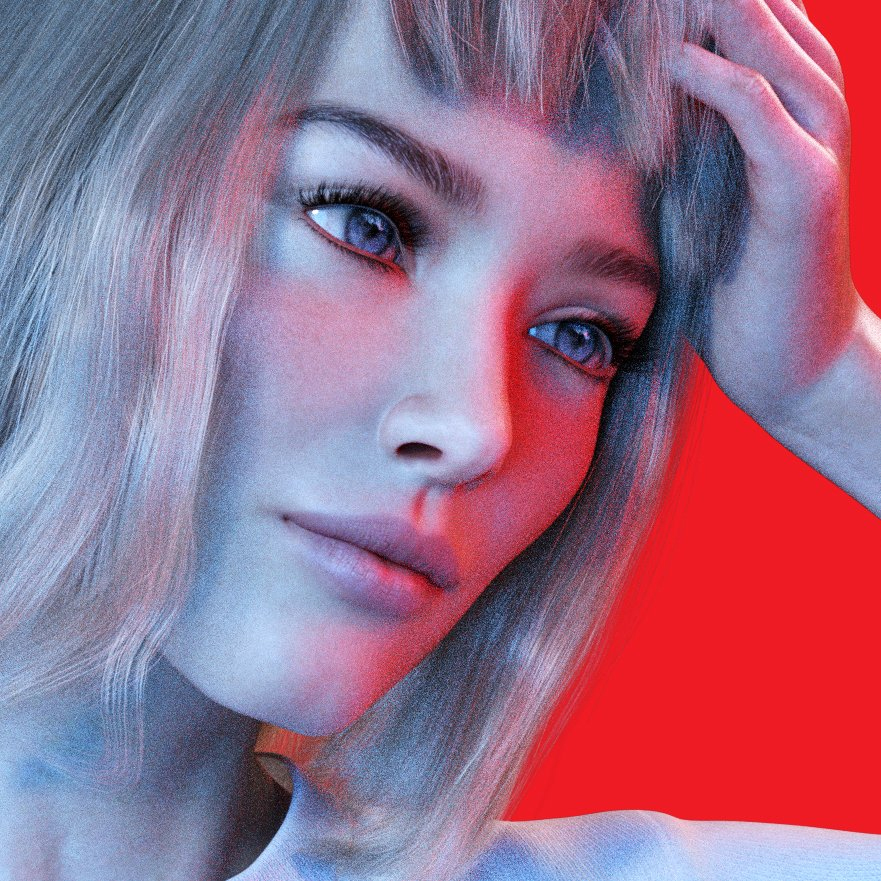
“Music from robots” is far from a new story and not only hype on the AI trend. Its development has been going on since the 1960s , the first compositions were made on Soviet Ural computers. The idea then was simpler: let the machine track the patterns, and then recreate them in new combinations. But new technologies take the idea to a completely different level. This is (almost) creative and (almost) listenable. OpenAI Ilona Mask has been using a neural network for several years to create music for you in any style, from Mozart to the Beatles. And Aiva.AI generates your “emotional” tracks for free (by the way, more or less).
In 2016, Sony released the track "Dady's Car" . It is called by Sony “the first pop song” written by AI. However, this is not completely true: without the help of a person, only a naked melody was obtained, the words and arrangement were made by the French musician Benoit Carré. In the same year, Google Magenta demonstrated its first track. He got a 90-second piece of keyboard composition with a rhythm section composed by artificial intelligence.
But Auxuman goes further, their idea is a complete replacement of the artist. Not only music, but also words, a song, and even an online persona of a star, with a face, photo, video, Instagram accounts and all other attributes. The only thing such a robot cannot provide yet is a live concert. But the Japanese with their Hatsune Miku and other vocaloids have long resolved this problem.
PS Pochtoy.com delivers any goods from the USA. Now - not only to Russia, but also to Ukraine , thanks to cooperation with New Mail. The parcel cost is 0.5 kg from $ 12 (for Ukraine - from $ 11.00). Readers of our blog - free ransom from American stores after registration . Just give our operators a link and fund your account - we will do the rest.
